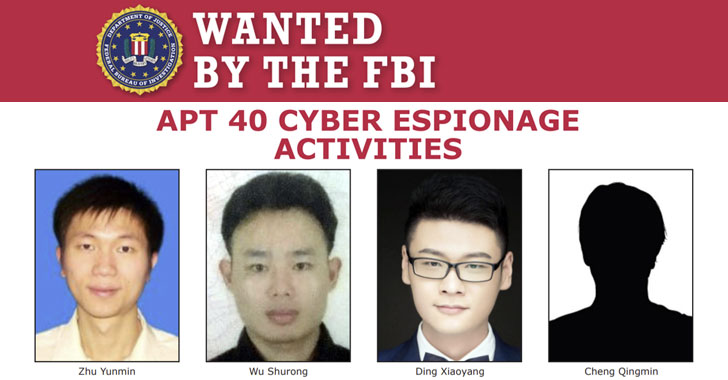The “cyber” front of the U.S. and China’s geopolitical tensions show no signs of abating. Washington has now pointed the finger squarely at China for a major attack earlier this year.
Earlier this year, we reported of a Microsoft Exchange hack that had caused global panic.
Now, the U.S. government and key allies, including the European Union, the U.K., and NATO, have formally attributed the massive cyberattack against Exchange email servers to state-sponsored hacking crews working affiliated with China.
In a statement issued by the White House on Monday, the administration said, “with a high degree of confidence that malicious cyber actors affiliated with China’s MSS conducted cyber-espionage operations utilizing the zero-day vulnerabilities in Microsoft Exchange Server disclosed in early March 2021”.
The U.K. government has accused Beijing of a “pervasive pattern of hacking” and “systemic cyber sabotage.”
The sweeping espionage campaign exploited four previously undiscovered vulnerabilities in Microsoft Exchange software and is believed to have hit at least 30,000 organisations in the U.S. and hundreds of thousands more worldwide.
Microsoft identified the group behind the hack as a skilled government-backed actor operating out of China named Hafnium, as we described at the time.
Calling it “the most significant and widespread cyber intrusion against the U.K. and allies,” the National Cyber Security Centre (NCSC) said the attack was highly likely to enable “acquiring personally identifiable information and intellectual property.”
In addition, the MSS was also outed as the party behind a series of malicious cyber activities tracked under the monikers “APT40” and “APT31,” with the U.K. attributing the groups for targeting maritime industries and naval defence contractors in the U.S. and Europe, and as well as for executing the attack on the Finnish parliament in 2020.

US Indicts Members of APT 40 Chinese Hacking Group
In a related development, the U.S. Department of Justice (DoJ) pressed criminal charges against four hackers belonging to the APT40 group concerning a multiyear campaign targeting foreign governments and entities in maritime, aviation, defense, education, and healthcare sectors in the least a dozen countries to facilitate the theft of trade secrets, intellectual property, and high-value information.
“APT 10 has an enduring relationship with the Chinese Ministry of State Security, and operates to meet Chinese State requirements,” the intelligence agency said.
In a press statement, the European Union urged Chinese authorities to take action against malicious cyber activities undertaken from its territory, stating the Microsoft Exchange server hacks resulted in security risks and significant economic loss for government institutions and private companies.
The Chinese government has repeatedly denied claims of state-sponsored intrusions. A spokesperson for the Chinese Embassy in Washington, according to the Associated Press, painted China as “a severe victim of the U.S. cyber theft, eavesdropping, and surveillance,” noting that the “U.S. has repeatedly made groundless attacks and malicious smear against China on cybersecurity.”




